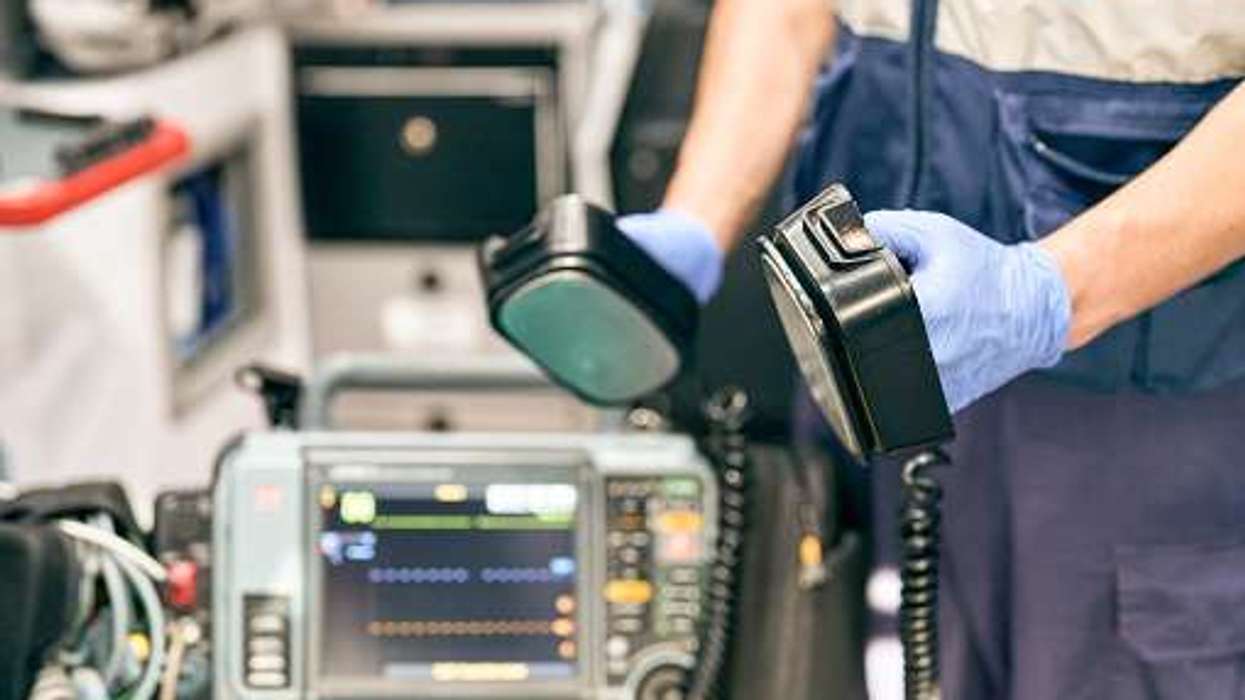Trade bodies have reiterated the call for more funding in response to the reports that ministers are considering a Pharmacy First scheme amid the NHS strike.
The Sunday Telegraph reported that pharmacies could be drafted in to help the NHS to cope when other healthcare workers take industrial action.
But, a PSNC committee member has warned on Monday that the government suggestions are “categorically impossible” without extra funding.
The Company Chemists' Association (CCA) has echoed the sentiment, saying pharmacy network is on the brink of collapse.
“We welcome plans for a Pharmacy First scheme in England. However, after eight years of funding cuts, the pressures on community pharmacies are simply untenable,” Malcolm Harrison, chief executive of the CCA, said.
“Spiralling inflation, rising costs of medicines and workforce shortages has put the pharmacy network on the brink. The government’s plans must be funded appropriately – pharmacies cannot ride to the rescue for free.”
PSNC chief executive Janet Morrison said the pharmacy has the skills and ambition to help the NHS, but asked the government to offer more funding and support.
“Community pharmacy teams have repeatedly shown that they have the skills, ambition and accessibility to help support patients and the NHS through moments of crisis. But this winter, pharmacies are approaching their own crisis as years of underfunding, efficiency squeezes and workforce problems take their toll,” Morrison said.
“Pharmacy teams are in the same position as their health service colleagues – exhausted, overworked, and struggling to make ends meet. If [the] government wants pharmacies to step up again, they will need to back this with emergency funding and support.”
PSNC added that they are continuing to stress to the government that already overstretched pharmacy businesses are facing immense and unsustainable financial pressures.
The proposals with ministers reportedly include allowing pharmacist to prescribe for minor conditions, including antibiotics for women with urinary tract infections (UTIs), and giving them powers to diagnose patients with Strep A.
Commenting on the proposals, Fin McCaul, PSNC North-West regional representative and independent community pharmacy contractor, said: “It would make far more sense for us to being doing more on a routine basis because we’ve got the access to patients, the medicines and the testing to make sure they can have the antibiotics and to check they have the UTIs, strep throat, etc. But there’s huge ‘but’ in all of it.
“Just like nurses and doctors, community pharmacies are grossly underfunded. We’re on our knees. To take this on with no increase in core funding, with no new funding, would be categorically impossible.”
Reena Barai, PSNC committee member and independent community pharmacy contractor, added: “A cocktail of issues including medicine supply problems and workforce shortages mean that pharmacists will be unable to push themselves further on current budgets. To add this sort of level of service to what we’re already doing – it would buckle the whole sector.”











